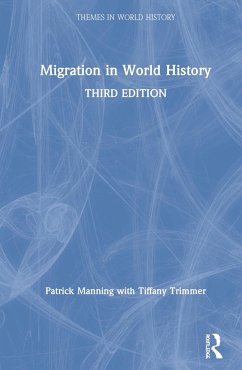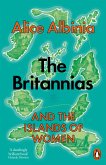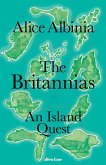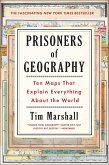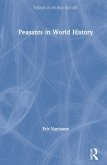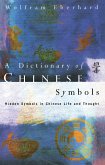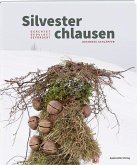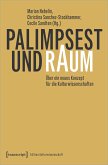"Migration in World History is the most revolutionary and innovative study of migration that has ever been written. It not only shows how systemic migration is for human societies, but also allows the reader to understand its different expressions (invaders, colonizers, sojourners and itinerants) and their impact on social change through time. Furthermore, it can be read as an alternative and truly global history through the lens of mobility and human interactions."
Leo Lucassen, Director of the International Institute of Social History, The Netherlands
"Patrick Manning's Migration in World History displays a broad knowledge of world history that deemphasizes political and imperial interpretations of historical change. Drawing on genetics, anthropology, linguistics, and archaeology - in addition to a lifetime of historical research - Manning argues that the human 'pattern of accelerating innovation through discussion and migration' began not with the Industrial Revolution, nor even the advent of agriculture, but on a more epochal scale with the earliest human travels."
Thomas M. Truxes, New York University, USA
Leo Lucassen, Director of the International Institute of Social History, The Netherlands
"Patrick Manning's Migration in World History displays a broad knowledge of world history that deemphasizes political and imperial interpretations of historical change. Drawing on genetics, anthropology, linguistics, and archaeology - in addition to a lifetime of historical research - Manning argues that the human 'pattern of accelerating innovation through discussion and migration' began not with the Industrial Revolution, nor even the advent of agriculture, but on a more epochal scale with the earliest human travels."
Thomas M. Truxes, New York University, USA

